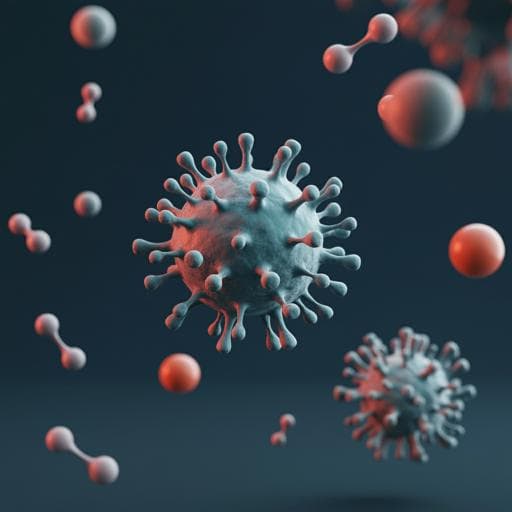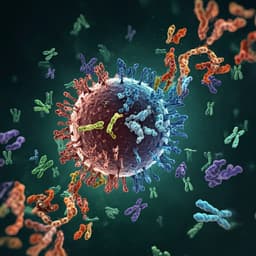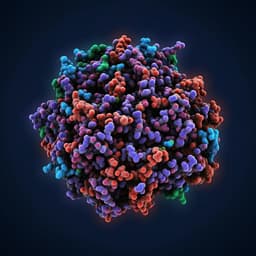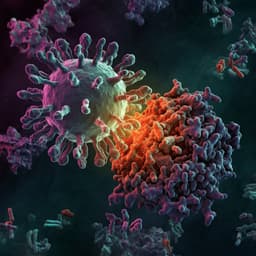
Medicine and Health
Identification of SARS-CoV-2 Mpro inhibitors containing P1' 4-fluorobenzothiazole moiety highly active against SARS-CoV-2
N. Higashi-kuwata, K. Tsuji, et al.
Researchers Nobuyo Higashi-Kuwata and colleagues have discovered two novel small molecules, TKB245 and TKB248, that effectively inhibit the main protease of SARS-CoV-2, demonstrating superior efficacy over existing treatments. These groundbreaking compounds offer a potential avenue for COVID-19 therapeutics by blocking infectivity and replication of the virus, along with its Delta and Omicron variants.
Related Publications
Explore these studies to deepen your understanding of the subject.







